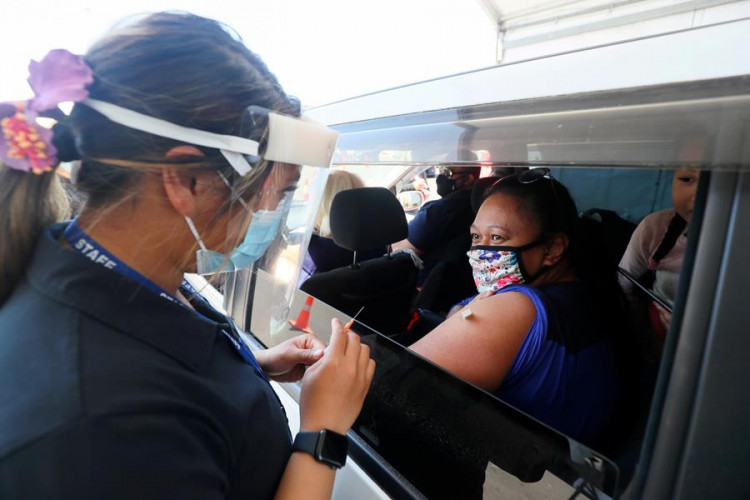The number of daily COVID-19 cases in New Zealand dipped on Wednesday, following a record high the day before, with the majority of illnesses still occurring in Auckland as the Delta version of the coronavirus continues to plague the country's largest city.
On Tuesday, authorities reported 60 new COVID-19 infections, 56 of which occurred in Auckland, bringing the total number of cases in the current outbreak to 2,158. Since the epidemic began, 28 people have died, and 43 individuals are currently hospitalized as a result of the virus.
New Zealand had remained relatively virus-free for the majority of the pandemic until the Delta outbreak in mid-August, which swept across Auckland and neighboring regions, requiring tight restrictions on some 1.7 million Auckland residents, which were extended this week.
Officials have cautioned that diseases are expected to rise until immunization rates improve. Approximately 67% of the population is now fully vaccinated, with 85%receiving at least one shot.
Auckland has been closed for more than two months, despite the fact that New Zealand's overall cumulative load of 4,854 confirmed cases is significantly lower than that of many comparable nations.
As a result of the health crisis, government officials have adopted a plan, and Education Minister Chris Hipkins said Tuesday that some high school students will resume classes.
"This is a complicated subject that necessitates challenging trade-offs between boosting education and raising potential health concerns for children and young people," Hipkins said during a media briefing.
Elsewhere, the Tokyo Metropolitan Government plans to relax COVID-19 restrictions on pubs and restaurants next week as infections continue to fall, the Jiji news service reported.
The loosening of pandemic curbs will be announced as early as Thursday and will apply to enterprises that have been verified as adhering to anti-infection procedures, Jiji said, citing informed sources.
On October 1, Tokyo and much of Japan dropped COVID-19 emergency measures that had been in effect for over six months. Nonetheless, restaurants and bars in the capital have been advised to stop selling alcohol by 8 p.m. and close by 9 p.m.
On Monday, the number of new daily cases in Tokyo fell to 29, the lowest since June of last year. Infections have dropped substantially since a peak of over 5,000 per day in August, which wreaked havoc on the capital's medical infrastructure.





